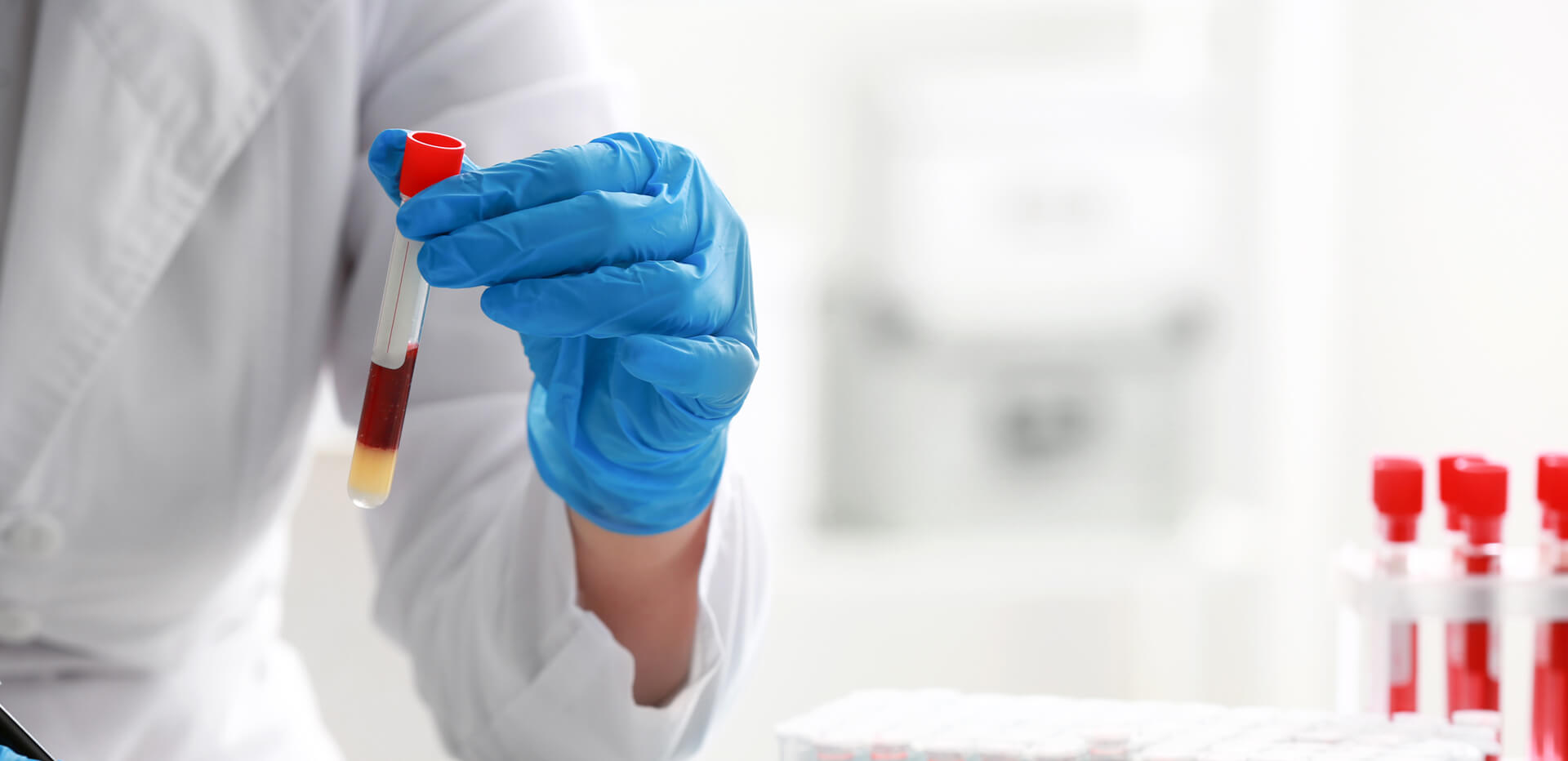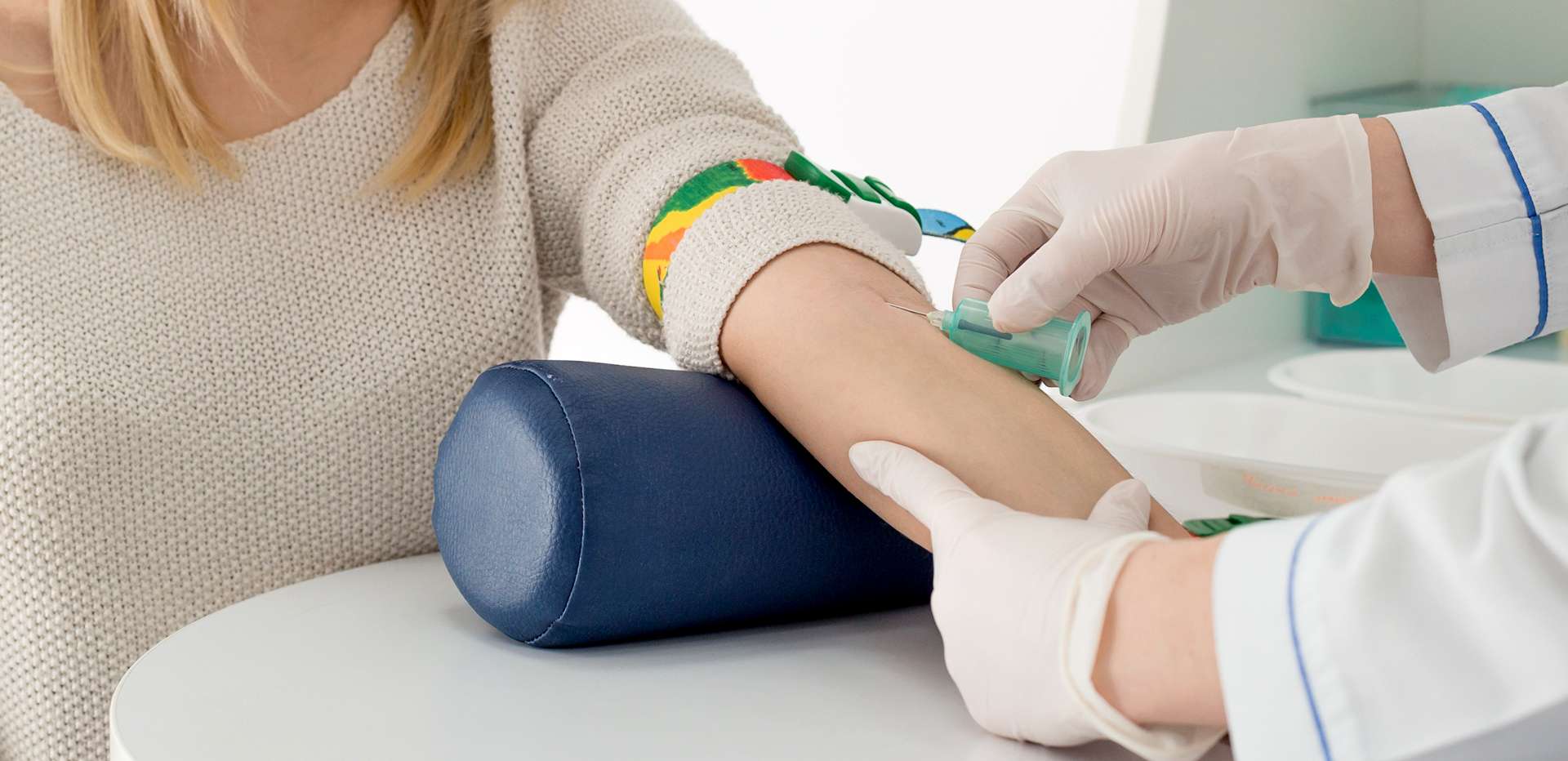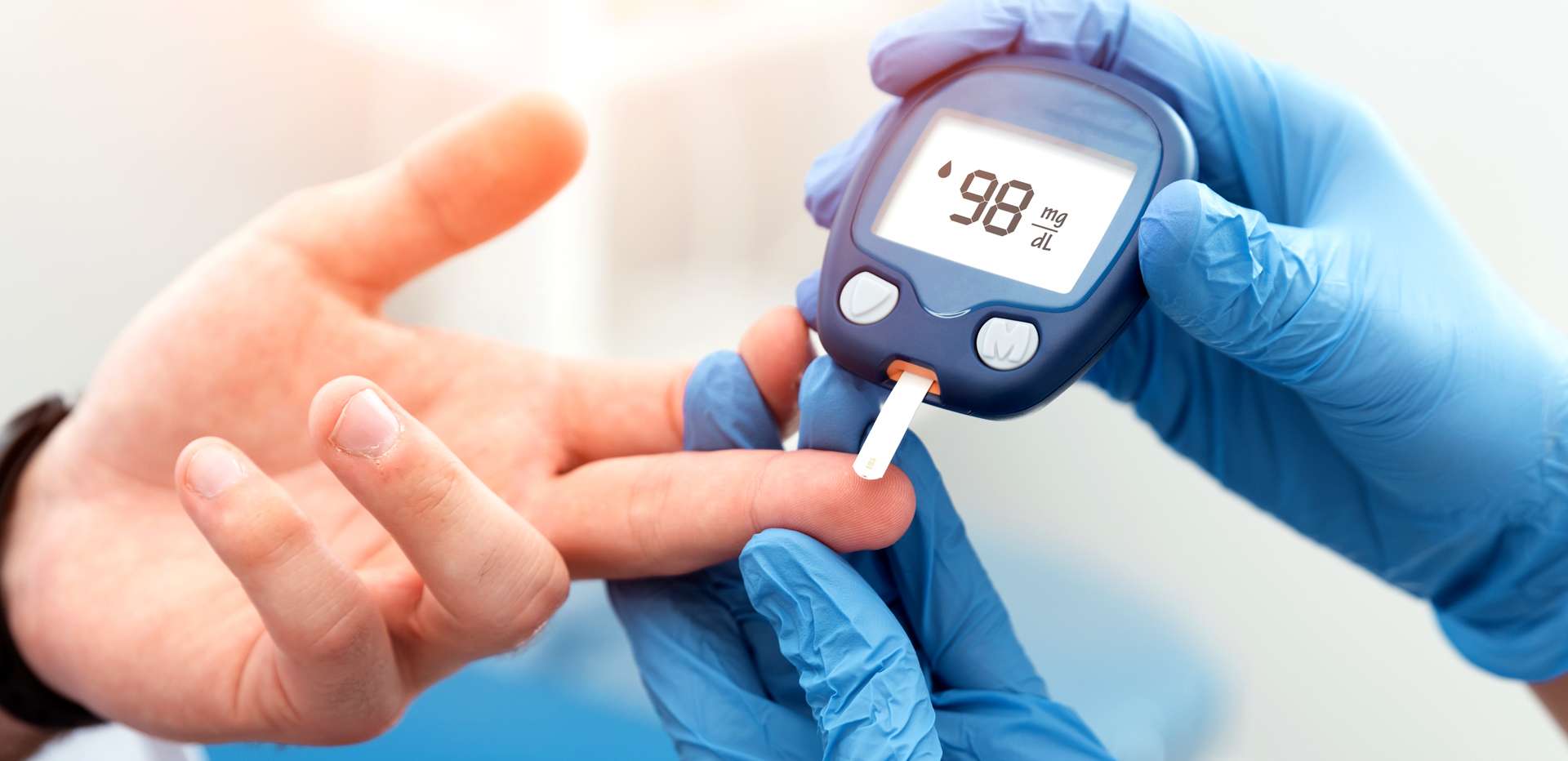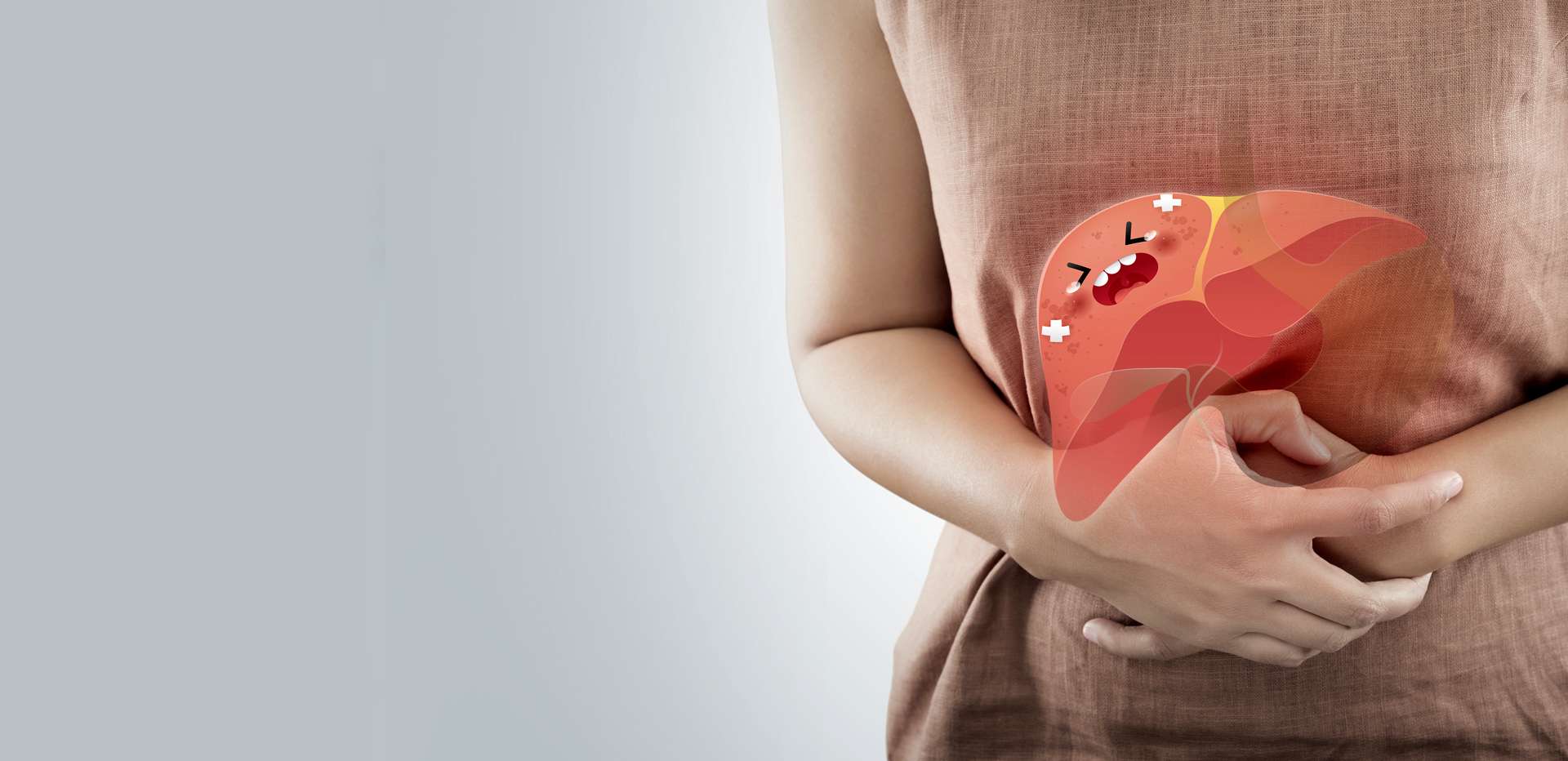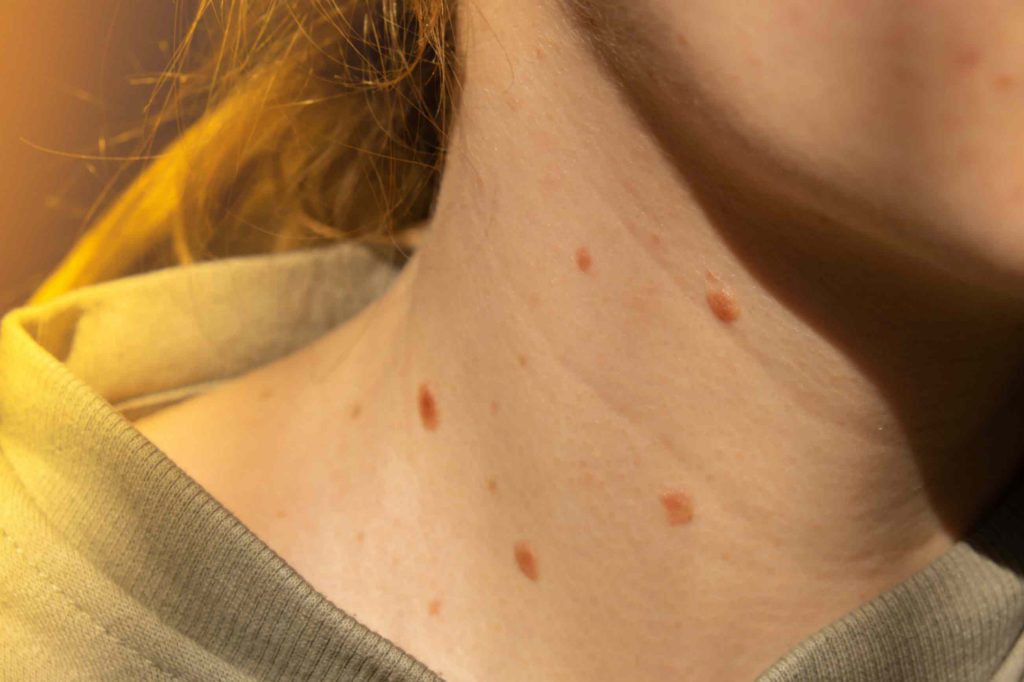Chickenpox is a common infection that many of us encounter during childhood. While it’s usually mild, recognising the early signs of chickenpox is essential for managing the condition and preventing its spread to others. This article will guide you through the signs and symptoms of chickenpox, its different stages, and what to do if you or your child become infected.
Understanding Chickenpox: A Quick Overview
Chickenpox, caused by the varicella-zoster virus, is highly contagious and spreads through close contact with an infected person. It’s particularly common in children but can also affect adults who haven’t been vaccinated or previously exposed. Although it’s usually not serious, chickenpox infection can be uncomfortable and may lead to complications in certain cases, especially for pregnant women, newborns, and individuals with weakened immune systems.
Early Signs of Chickenpox
Before the appearance of the classic rash, chickenpox-beginning symptoms can resemble those of a common cold or flu. These early signs include:
- Fever: A mild to moderate fever is often one of the first indications.
- Fatigue: Feeling unusually tired or lethargic is another common early symptom.
- Loss of Appetite: Many people experience a reduced desire to eat before other symptoms appear.
- Headache: A mild headache can accompany other initial signs.
These flu-like symptoms can make it difficult to differentiate an infection of chickenpox from other illnesses at this stage. However, within a day or two, more definitive signs begin to show.
Stages of Chickenpox and the Classic Rash
Chickenpox progresses through distinct stages, marked by the appearance of a telltale rash. Recognising the stages of chickenpox helps in understanding how the condition evolves.
- Red Spots: The first visible chickenpox-infected spot typically appears on the face, chest, or back before spreading to other parts of the body. These spots are small, red, and slightly raised.
- Blisters: Over the next day or two, the spots develop into fluid-filled blisters that may feel itchy and uncomfortable.
- Bursting Blisters: The blisters eventually burst, leaving open sores that can be prone to infection if not cared for properly.
- Scabbing: Finally, the sores form scabs and begin to heal. At this stage, the risk of spreading the virus decreases.
The rash usually appears in waves, meaning you may see new blisters forming even as older ones begin to crust over. This progression typically lasts about 7 to 10 days.
Signs and Symptoms of Chickenpox
Aside from the rash, there are other noticeable signs and symptoms of chickenpox that might appear:
- Itchiness: The rash is notoriously itchy, and scratching can lead to scarring or secondary infections.
- Body Aches: General discomfort and aches can accompany the rash.
- Irritability: In children, the discomfort often leads to crankiness or difficulty sleeping.
If you notice any of these symptoms, it’s important to act quickly to manage the illness effectively.
How to Manage a Chickenpox Infection
While there is no cure for chickenpox, there are steps you can take to ease symptoms and prevent complications:
- Stay Hydrated: Encourage plenty of fluids to prevent dehydration.
- Relieve Itchiness: Use calamine lotion or antihistamines to reduce itching. Cool baths with baking soda can also help.
- Keep the Rash Clean: Gently wash the skin with mild soap and water to prevent infected spots from worsening.
- Rest: Ensure plenty of rest to support recovery.
It’s also crucial to avoid scratching the chickenpox-infected spots, as this can cause scarring or secondary infections. For those at higher risk of complications, antiviral medications may be prescribed as part of chickenpox treatment.
Preventing Chickenpox
The best way to prevent chickenpox is through vaccination. If you or your child haven’t yet been vaccinated, consider scheduling an appointment to protect against future infections. Vaccination not only prevents the disease but also reduces the severity of symptoms if you do contract it.
Protect Yourself Against Chickenpox Today!
Don’t wait for chickenpox to strike—take preventive action now. Book your vaccination appointment today and shield yourself and your loved ones from the discomfort and complications of chickenpox infection. Early prevention is the key to staying healthy and worry-free. Contact us to learn more and secure your spot for the vaccine. Your health and safety matter—schedule your appointment with our trusted team and stay protected against chickenpox. Act now for peace of mind!




